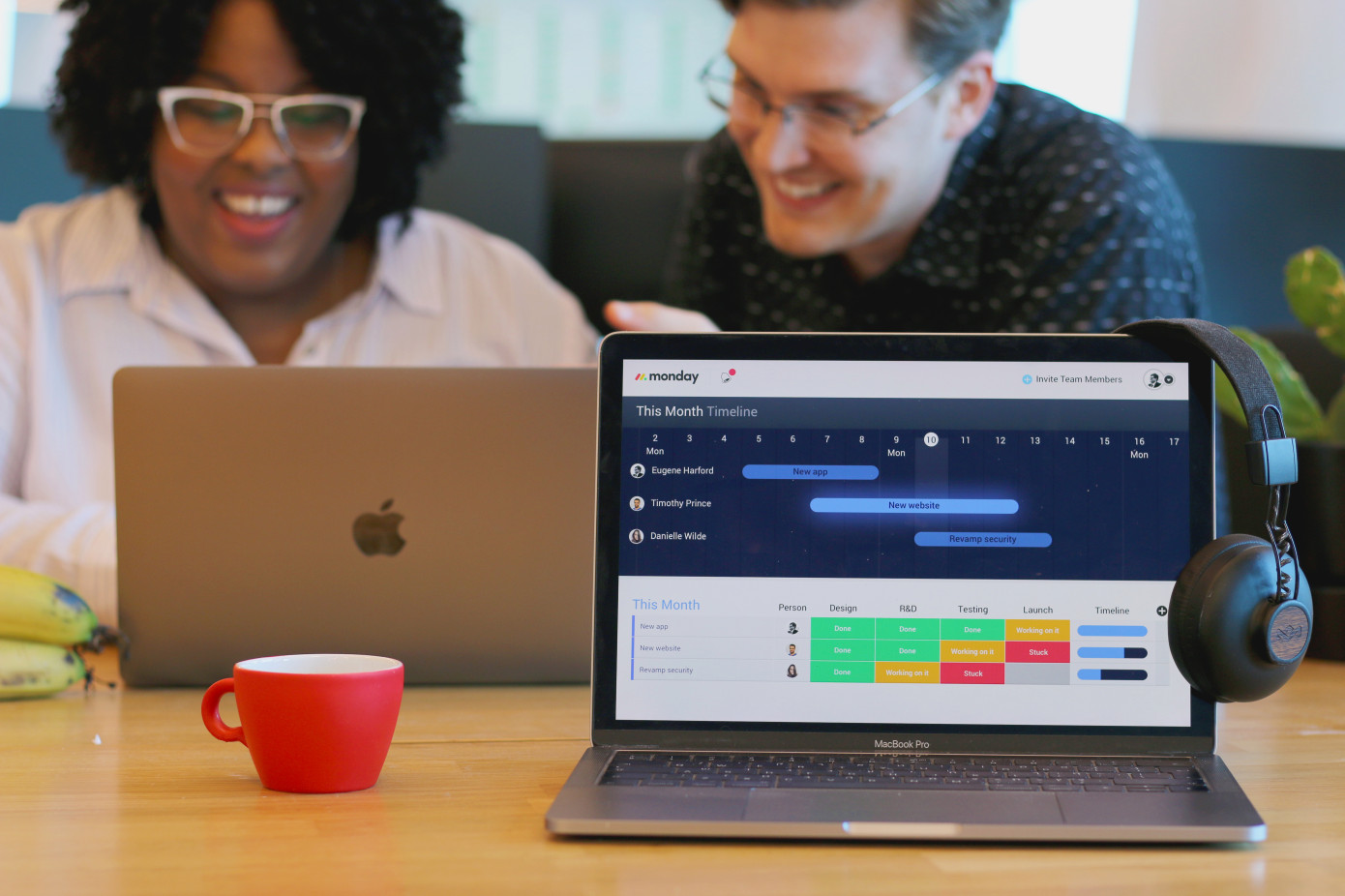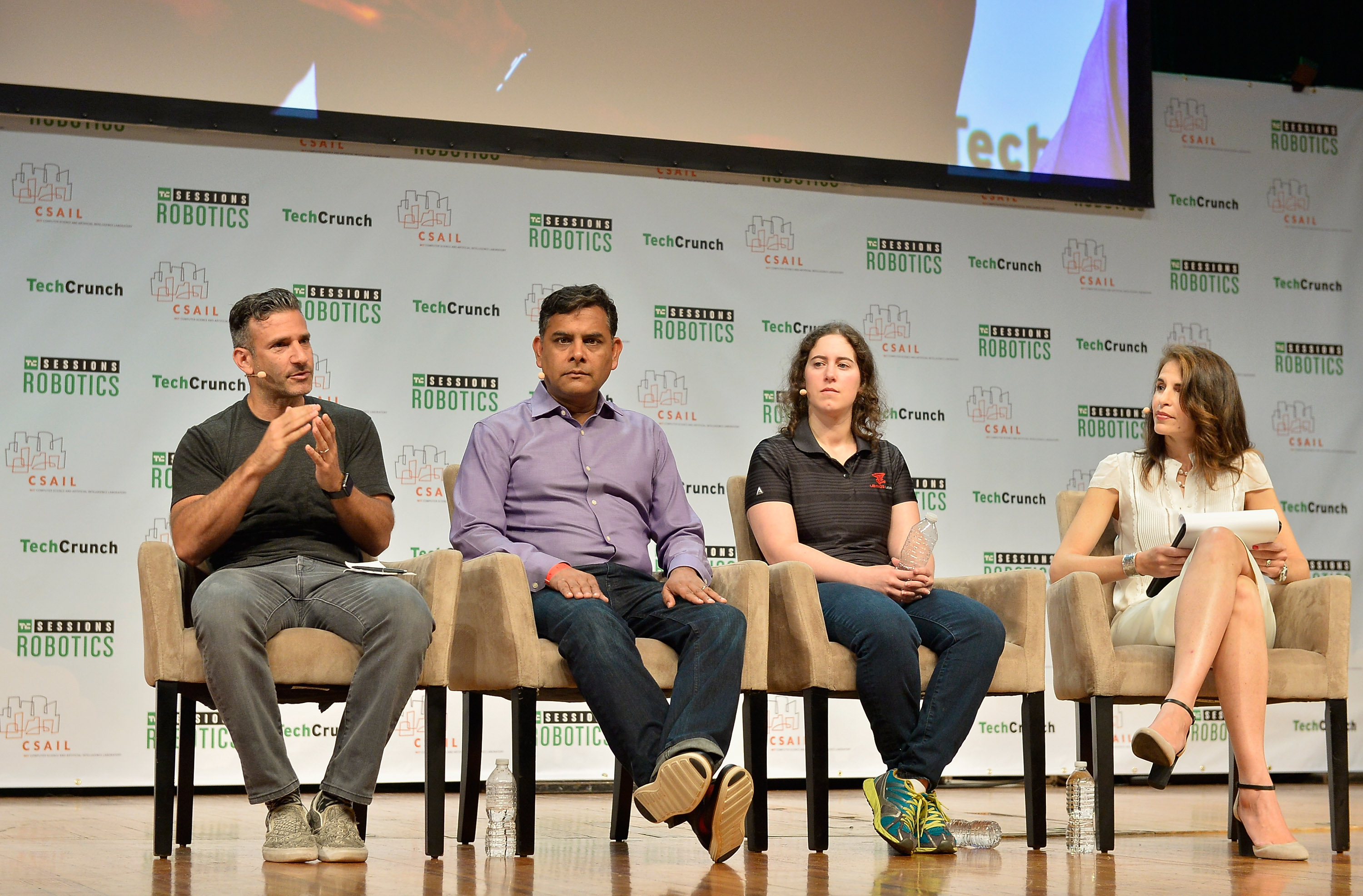Hello and welcome back to Startups Weekly, a weekend newsletter that dives into the week’s noteworthy startups and venture capital news. Before I jump into today’s topic, let’s catch up a bit. Last week, I wrote about SoftBank’s second Vision Fund. Before that, I noted some challenges plaguing mental health tech startups.
Remember, you can send me tips, suggestions and feedback to kate.clark@techcrunch.com or on Twitter @KateClarkTweets. If you don’t subscribe to Startups Weekly yet, you can do that here.
What’s new?
This week DoorDash announced an agreement to acquire Caviar, an on-demand delivery business, from Square. DoorDash says it will pay $410 million for the company in a combination of cash and stock. If you’re thinking that seems like a lot of money, you are very much correct.
It’s so much money that all of us over here at TechCrunch were scratching our heads trying to understand why DoorDash would shell out that kind of cash. After all, Square paid only $90 million in stock for Caviar when it acquired the company back in 2014. However, DoorDash is VC cash-rich. The business, still privately-owned, has raised an astronomical sum of venture capital. This year alone it’s raised $1 billion, including a Series G funding of $600 million that valued it at $12.6 billion.
When a company raises that many huge rounds so close together, you can only assume it’s burning through a lot of cash. When it comes time for DoorDash to begin pitching Wall Street for an IPO — we’re thinking late next year — established subsidiaries like Caviar will at least help bolster its IPO-ready narrative.
With monster companies like DoorDash, Grubhub and UberEats owning the food delivery space, we will no doubt see more big M&A deals and more startups die. (Remeber the insane fall of Munchery, anyone?) But will any of these efforts ever become profitable? Or will DoorDash burn through cash until there’s just no more cash left to burn?
#Equitypod

If you enjoy this newsletter, be sure to check out TechCrunch’s venture-focused podcast, Equity. In this week’s episode, available here, Equity co-host Alex Wilhelm and I attempt to make sense of DoorDash’s acquisition of Caviar. Equity drops every Friday at 6:00 am PT, so subscribe to us on Apple Podcasts, Overcast and Spotify.
Big Deals

- Babylon Health raises $550M at $2B+ valuation
- Compass gets $370M on $6.4B valuation
- Monday.com raises $150M at a $1.9B valuation
- UrbanClap, India’s largest home services startup, raises $75M
- Investors bet another $50M on Clearbanc’s revenue share model
Little Deals

- Hello Heart raises $12M for at-home heart monitoring
- NakedPoppy secures $4M for curated beauty marketplace
- Computer vision startup Trueface raises $3.7M
- Prodly announces $3.5M to automate low-code cloud deployments
- YC-backed MyPetrolPump nabs $1.6M
M&A

- Vacasa to acquire Wyndham Vacation Rentals for $162M
- D2C lingerie brand Lively acquired for $85M
- Deliveroo acquires software studio Cultivate
- Plus: Read TechCrunch’s Lucas Matney’s exclusive deep dive with NEA general partner Scott Sandell on Salesforce’s major acquisition of Tableau. (Extra Crunch membership required.)
Venture Fundraising

- Lux Capital closes on a whopping $1B
- Healthcare and fintech fund Oak HC/FT nabs $800M for third fund
- Hedge fund-turned-VC Coatue Management launches $700M fund
- Joy Capital closes on $700M for early-stage investments in China
- Nyca Partners raises $210M fintech fund
Extra Crunch
Here’s your weekly reminder that for a low price — a complete bargain really — you can learn more about the startups and venture capital ecosystem with a subscription to Extra Crunch. We offer exclusive deep dives, Q&As, newsletters, resources and recommendations, and fundamental startup how-to guides to our subscribers. Here are some of the best EC posts of the week:
- A guide to virtual beings and how they impact our world by Eric Peckham
- The dreaded 10x, or, how to handle exception employees by Jon Evans

No comments:
Post a Comment